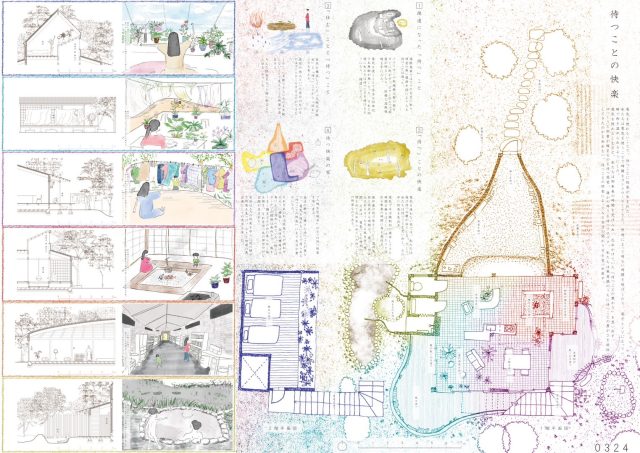
Richness of waiting
2022
Award Winning Works

We have been informed that the TOEFL iBT test scheduled to be held at the Tenjin Test Center in Fukuoka on or …

Please check the details from the link below.
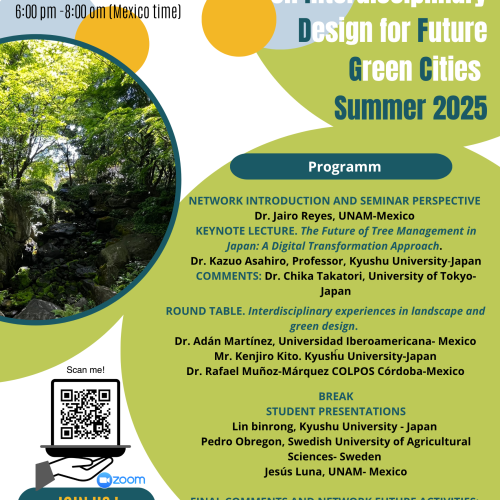
Bio-Circular Landscape Design Unit in Kyushu University (BCLA-KU) is pleased to announce an international semi…

We offer public lectures and lectures for high schools on various design topics to educate the public about th…
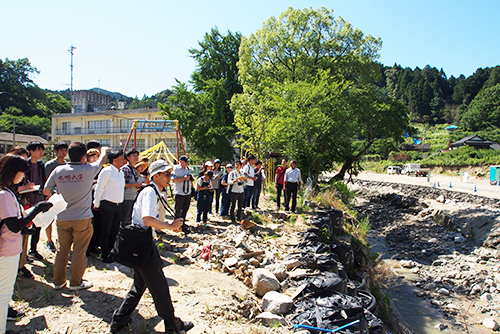
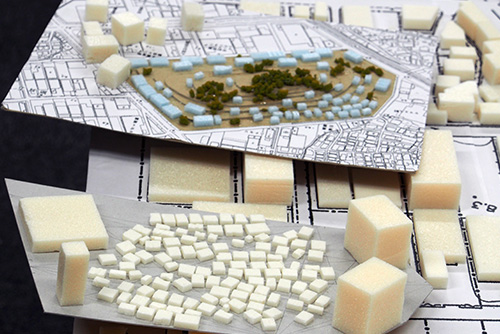
Environmental design is based on the principle of the symbiosis between humans and the environment and is about considering the relationship between them and making concrete proposals.
In order to respond to recent issues such as ecology, sustainability, resources, cultural heritage, globalization, regional revitalization, and landscape, students will gather and consider knowledge from multiple perspectives regarding technology, people, society, and nature, and acquire creative environmental design skills which enable them to design architecture, cities, regions, and landscapes with an artistic flair.
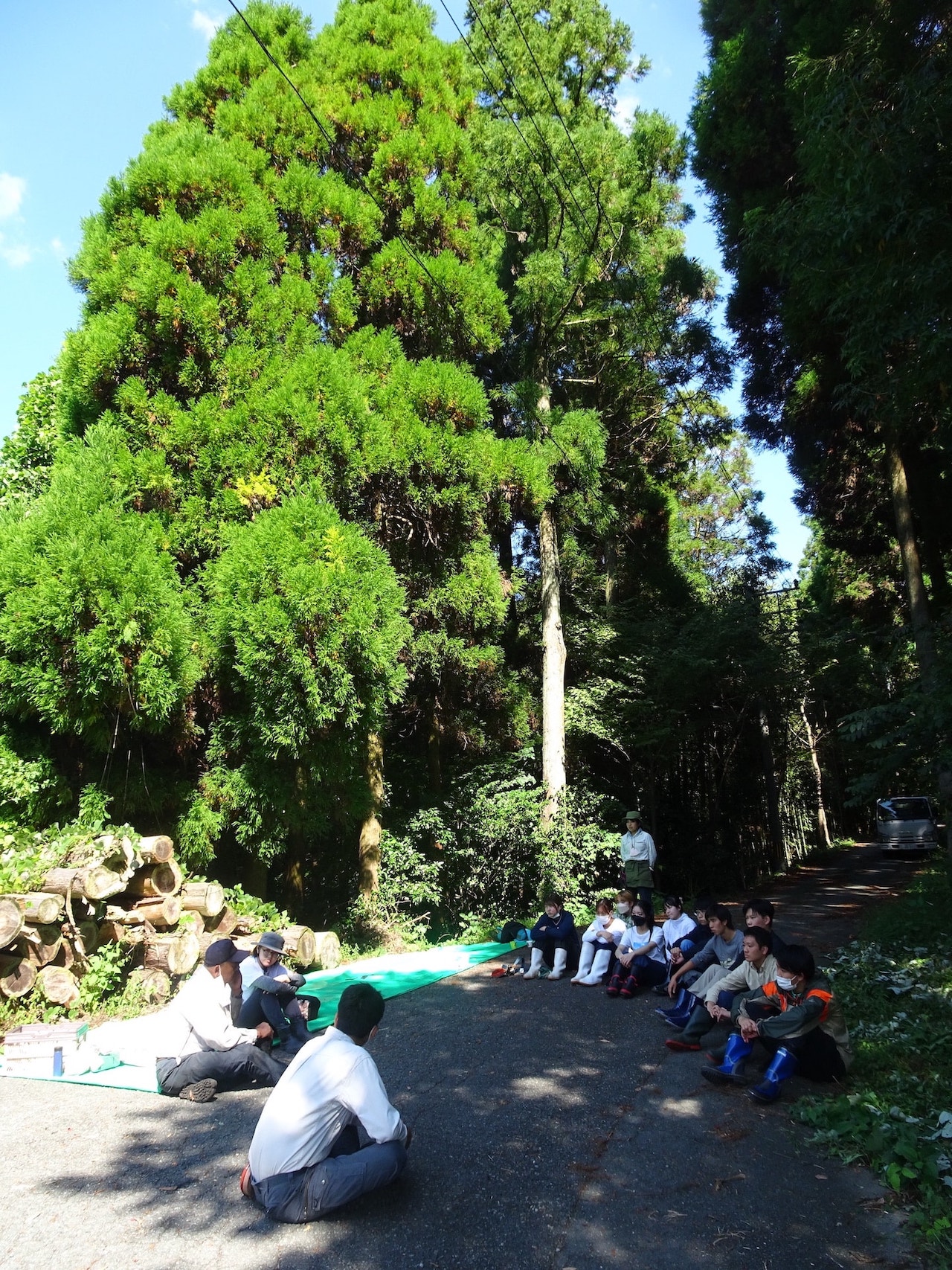
· Urban Design · Landscape Design · Green Environmental Design
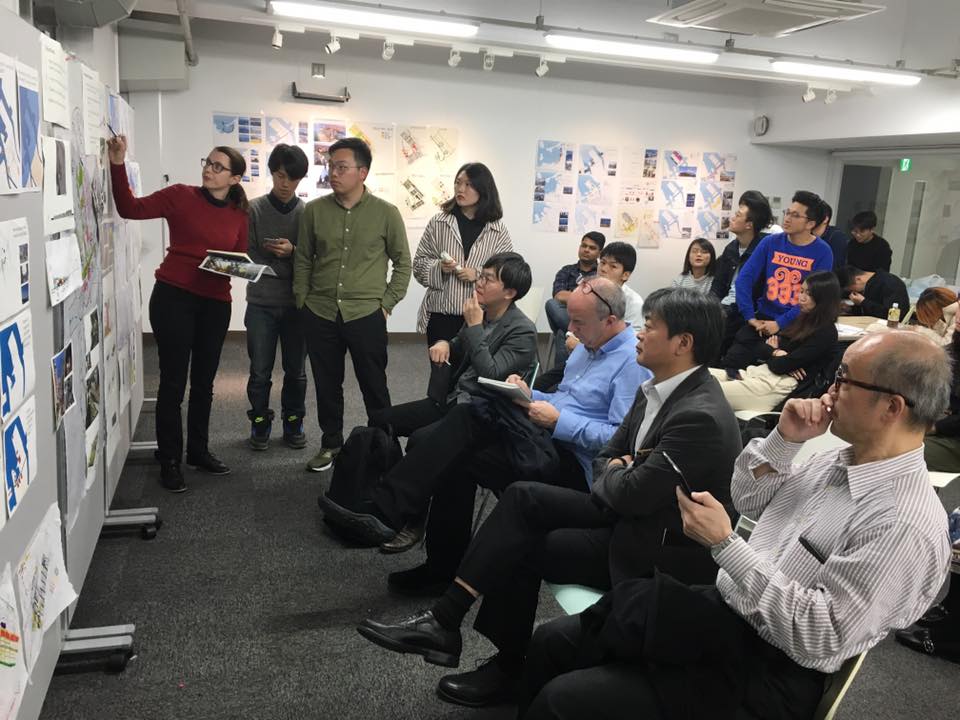
· Architectural Design · Architectural Structure · Architectural Environment
1 st year
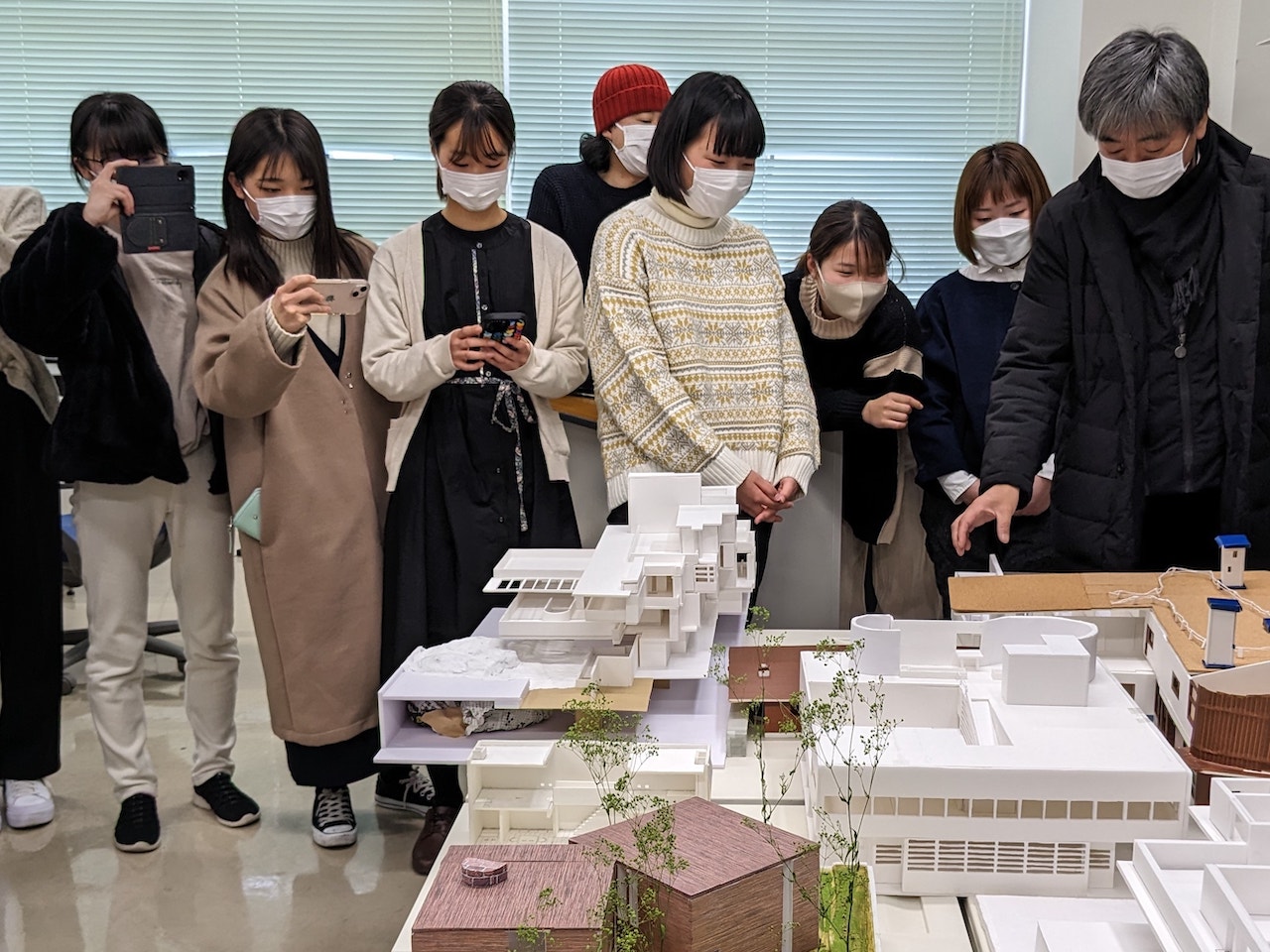
Focusing on KIKAN Education Subjects, students will learn to understand diverse values through exchanging knowledge about nature, various cultures, societies, and histories and work with others to solve problems from multiple perspectives. Furthermore, in Specialized Subject, students will gain an understanding of the specific knowledge, concepts, ideas, and methods that form the foundation of design, cultivate universal design literacy beyond the specialization of each course, and learn basic knowledge that can be applied to environmental design and methods of presenting the plans and design.
2 nd year
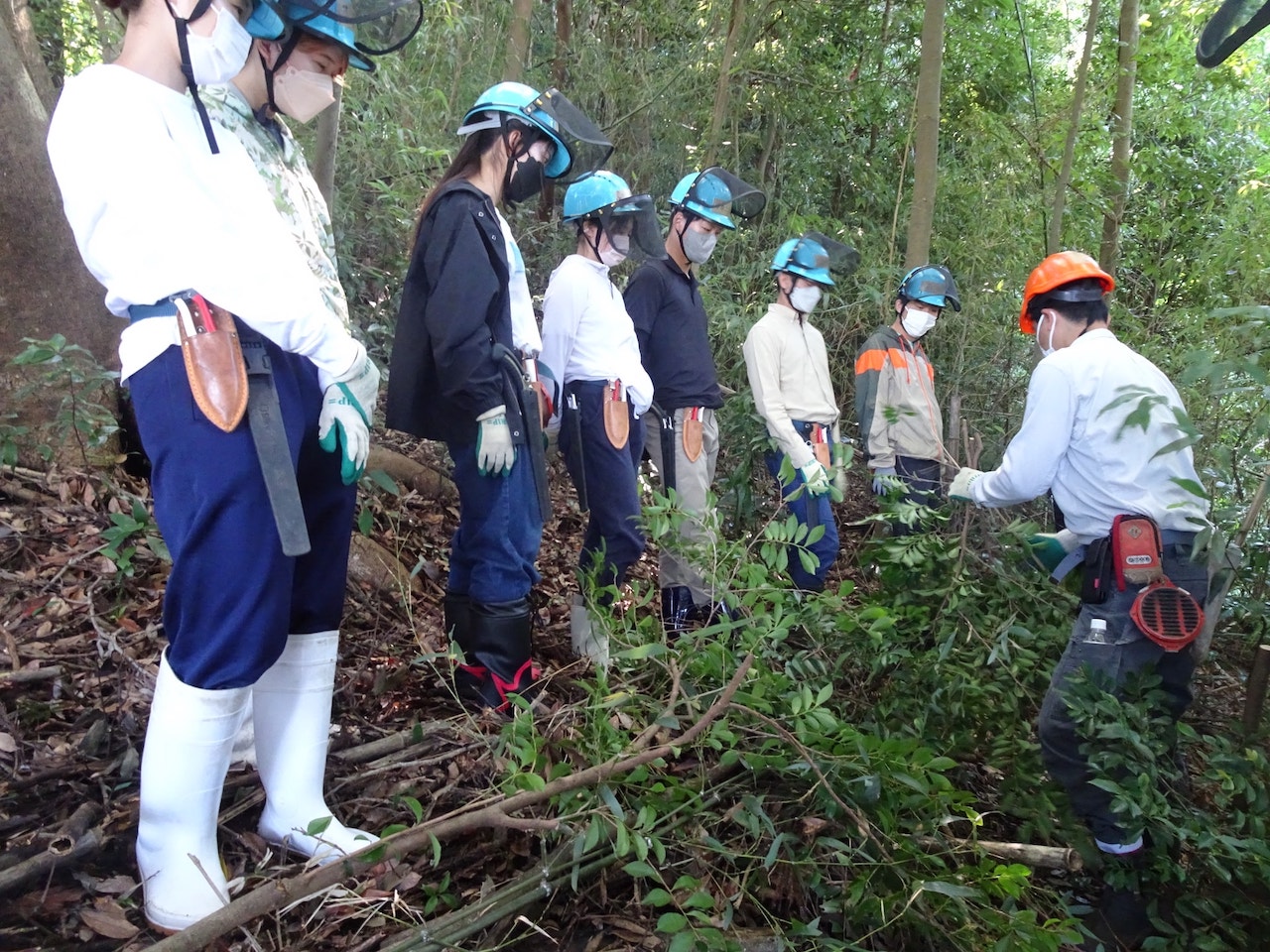
In Course Specialized Subjects, students will gain an awareness of the diversity of societies rooted in different cultures and histories and understand the roles and responsibilities that environmental design should play. Students will also learn specialized knowledge of architecture, landscape and urban planning and design, history, and technology, and acquire the ability to apply this knowledge to environmental design. Furthermore, in Course Basic Subjects and Course Exercises Subjects, students will acquire the ability to work together as a team to solve problems and come up with a proposal consisting of design, plans, and system under given constraint conditions.
3 rd year
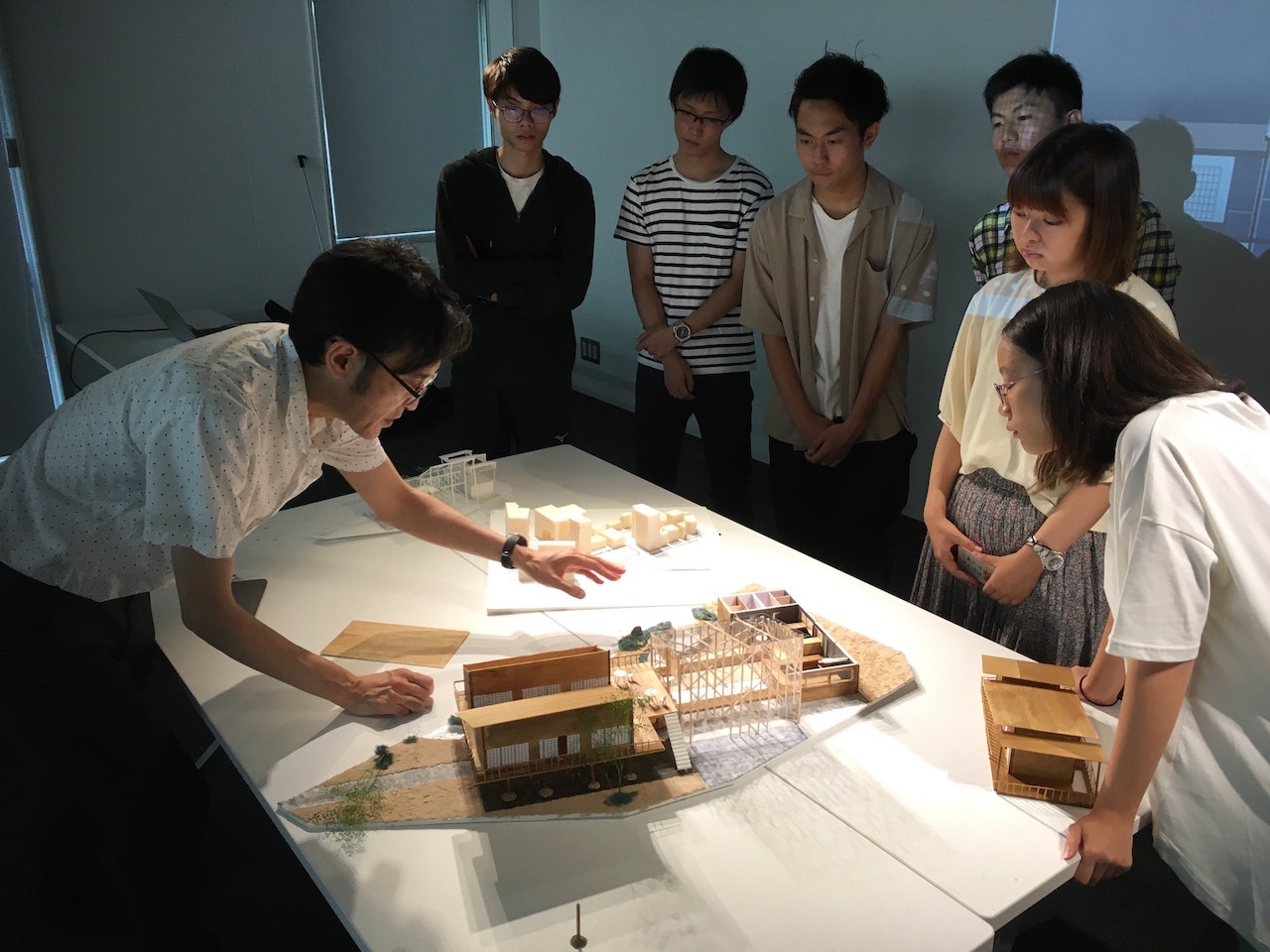
In Course Specialized Subjects, students will deepen their expertise in environmental design and acquire the ability to investigate, recognize, and logically analyze issues to be solved based on scientific thinking skills. Students will learn theory, knowledge, and skills in general design and environmental design in English, preparing them to participate in cutting-edge design activities worldwide. In Course Basic Subjects and Course Exercises Subjects, students will acquire the ability to propose specific spaces that can achieve a sustainable society and the practical skills to achieve mechanisms and organizations based on usage, function, beauty, and comfort while considering various conditions.
4 th year
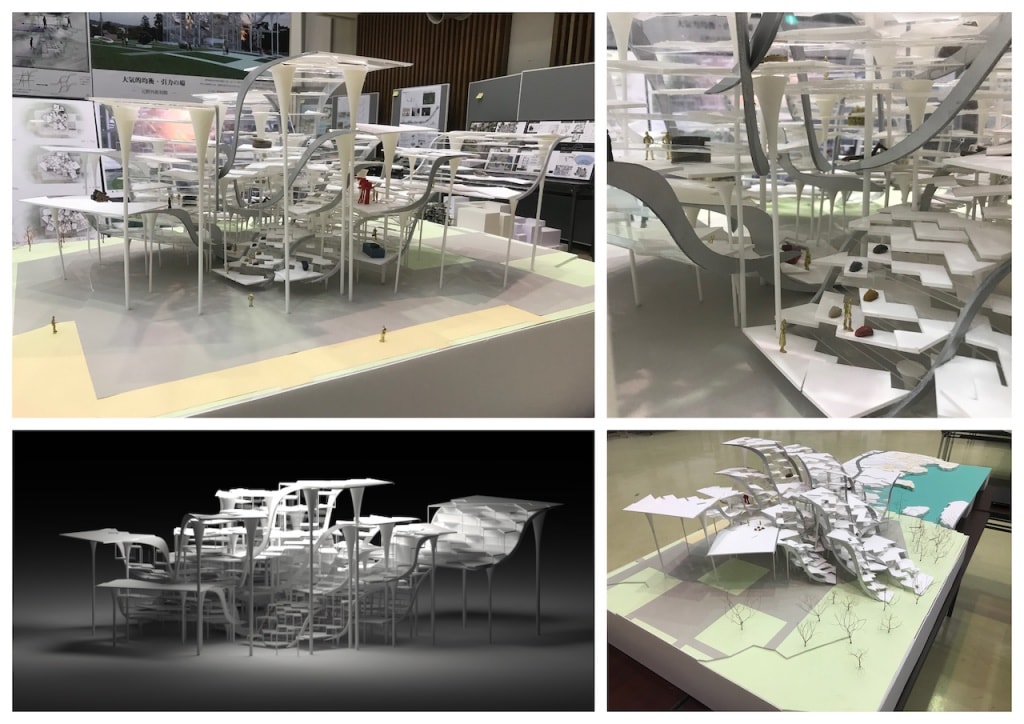
Students will join a laboratory, set their own research theme, delve into them, and cultivate the ability to investigate, design, plan, and formulate systems to improve the environment surrounding humans from a broad perspective. In their Senior Project, students will comprehensively relate the knowledge obtained in each field, investigate, and identify issues to be solved related to environmental design, analyze them logically, and express their plans and designs accurately to others.
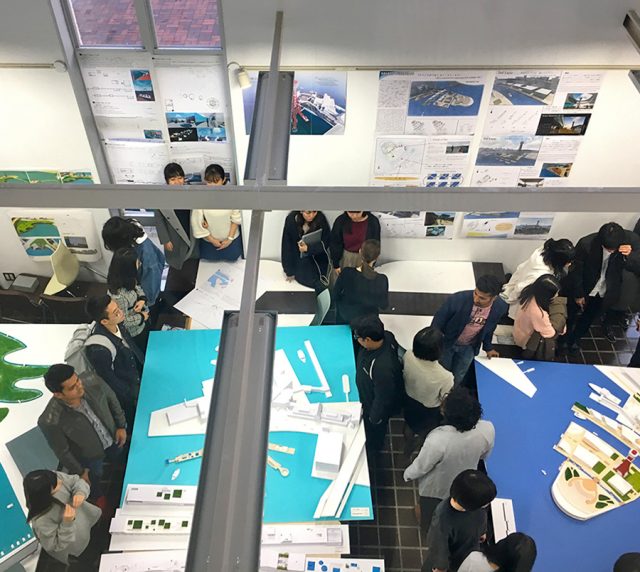
The Architect Program is designed to develop human resources with comprehensive design skills, engineering knowledge of architecture and environmental design, and knowledge of culture and art.
Students in the Environmental Design Course will be enrolled in this program at the time of enrollment to Kyushu University, but they can graduate without completing this program. Students enrolled by the course undetermined entrance exam and students of other courses of the Department of Design can take this program by applying for registration by the first course registration.
For applicants from overseas: please note that Architect Program, Global Architect Program as well as the Environmental Design Course are provided only in Japanese language.

The International Program aims to develop the stance, attitudes, and communication skills necessary to work independently in international society and to develop human resources with specialized design knowledge and skills and a sense of identity of their own country. By studying abroad or taking equivalent courses, students will learn approaches, methods, and ideas for design that do not exist in Japan to broaden their scope of design.
For more information about the international program, please check the website.
| Name | Position | Field of Specialization |
|---|---|---|
| ASAHIRO Kazuo | Professor | Environmental Conservation and Restoration |
| OI Naoyuki | Professor | Urban and Building Environment, Environmental Psychology |
| TANOUE Kenichi | Professor | Architectural Planning and Design |
| UKAI Tetsuya | Professor | Architectural Design, Urban Design |
| YOSHIOKA Tomokazu | Professor | Structural Engineering |
| FUKUSHIMA Ayako | Associate Professor | Heritage Studies |
| INOUE Tomo | Associate Professor | Planning of Building Construction, Management and Organization of Building Process |
| IWAMOTO Masaaki | Associate Professor | Architectural Design |
| KATO Yuki | Associate Professor | History of Japanese Architecture |
| KITO Kenjiro | Associate Professor | Landscape Design |
| IMASAKA Tomoko | Lecturer | Environmental Chemistry |
| TSUCHIYA Jun | Lecturer | Building Materials, Finishing Materials, Landscape Materials |
| KAWAMOTO Youichi | Assistant Professor | Urban Environment |
| SHIMAZAKI Aya | Assistant Professor | History of Western Architecture |